In the late 1960s, the streets of Chicago were a hotbed of social unrest, economic inequality, and racial tension. Against this tumultuous backdrop, an unlikely coalition formed, one that struck fear into the hearts of the city’s most powerful institutions. It wasn’t a criminal syndicate or a violent uprising that unnerved them; it was a movement of goodwill, unity, and community service spearheaded by the Black Panthers and their surprising allies—the street gangs of Chicago.
A City in Turmoil
Chicago in the 1960s was a city deeply divided. Racial segregation and economic disparities were rampant, with African American communities suffering from systemic neglect and poverty. Mayor Richard J. Daley, a formidable figure in Chicago politics, ruled with an iron fist, supported by a police force known for its aggressive tactics and deep-seated corruption.
Amidst this landscape of inequality and oppression, the Black Panther Party emerged as a beacon of hope for many African Americans. Founded in Oakland, California, by Huey P. Newton and Bobby Seale, the Panthers sought to address police brutality and economic injustice. Their message resonated in Chicago, where local chapters quickly formed.
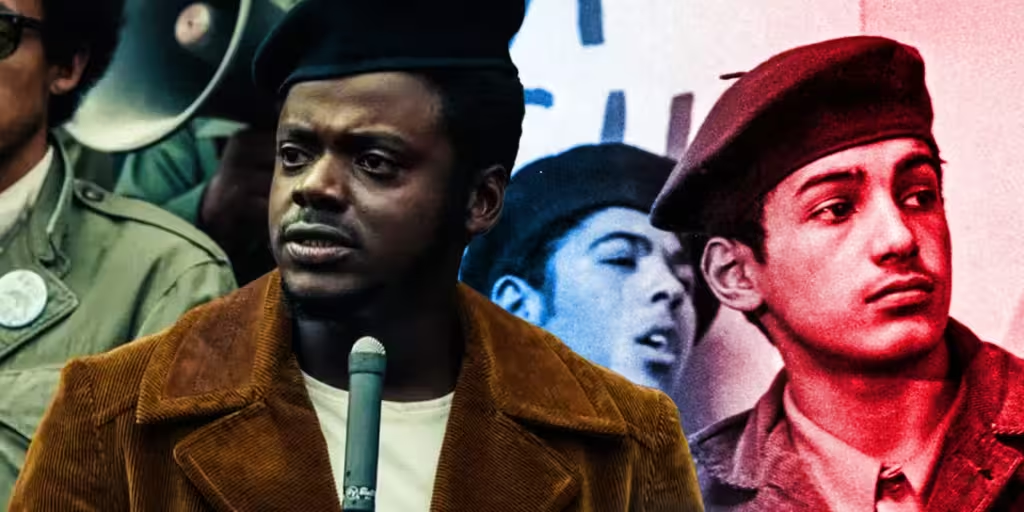
The Unlikely Alliance
At first glance, street gangs and the Black Panthers might seem like strange bedfellows. Gangs like the Blackstone Rangers and the Vice Lords were notorious for their criminal activities and violent turf wars. However, the Panthers saw potential in these organizations. They recognized that these gangs, despite their flaws, had a deep understanding of their communities and possessed the organizational skills needed to mobilize large groups of young people.
Fred Hampton, the charismatic leader of the Illinois chapter of the Black Panther Party, was instrumental in forging this unlikely alliance. Hampton, with his remarkable oratory skills and genuine commitment to social change, reached out to gang leaders, urging them to set aside their rivalries and unite for the common good. He envisioned a “Rainbow Coalition,” a multi-racial alliance of various marginalized groups working together to address the root causes of their suffering.
The Power of Goodwill
The coalition’s efforts quickly bore fruit. One of their most significant initiatives was the Free Breakfast for Children Program. Recognizing that hunger was a major issue in poor neighborhoods, the Panthers and their allies began providing free, nutritious breakfasts to school children. This program not only addressed immediate needs but also highlighted the systemic neglect of these communities by the city and federal governments.
Additionally, the Panthers launched a series of entrepreneurial programs aimed at empowering their communities economically. They understood that true liberation could not be achieved without economic independence. Among these initiatives were:
- Community Cooperative Programs: These included food co-ops, where families could purchase groceries at reduced prices, and clothing distribution centers. These co-ops were not just about providing goods but also about teaching business management and cooperative economics.
- The People’s Free Medical Clinics: These clinics offered free healthcare services, emphasizing preventive care and health education. They were staffed by volunteer doctors, nurses, and medical students, and also provided practical training in medical and administrative skills.
- The Panther Newspaper: The Black Panther, the party’s official newspaper, served as a vital communication tool and source of income. It spread the party’s message, reported on social injustices, and educated the public about their rights. Selling the newspaper provided Panthers and their allies with a source of income and entrepreneurial experience.
- Job Training and Employment Programs: The Panthers established job training programs to equip community members with the skills needed to find gainful employment. These programs focused on trades and professions that were in demand, providing a pathway out of poverty and crime for many young people.
The success of these programs was a testament to the power of grassroots organizing and community solidarity. Hundreds of children who would have otherwise gone to school hungry were now receiving healthy meals, which in turn improved their academic performance and overall well-being. Adults gained valuable skills and employment, fostering a sense of pride and self-reliance.
Fear and Repression
While the breakfast program and other community initiatives won the hearts of many residents, they also attracted the attention—and ire—of the city’s power structures. Mayor Daley, the Chicago Police Department, and the FBI viewed the growing influence of the Panthers and their alliance with street gangs as a direct threat to their authority.
J. Edgar Hoover, the infamous director of the FBI, declared the Black Panther Party the “greatest threat to the internal security of the country.” The FBI’s COINTELPRO (Counter Intelligence Program) was unleashed with the goal of discrediting, disrupting, and ultimately dismantling the Panthers. In Chicago, this meant increased surveillance, infiltration, and harassment of both the Panthers and their gang allies.
Mayor Daley and the Chicago police were equally alarmed. The idea of street gangs turning their energies towards social uplift instead of crime threatened the status quo. The police, notorious for their brutality, intensified their efforts to crush the movement. Raids on Panther offices, arrests on dubious charges, and outright violence became commonplace.
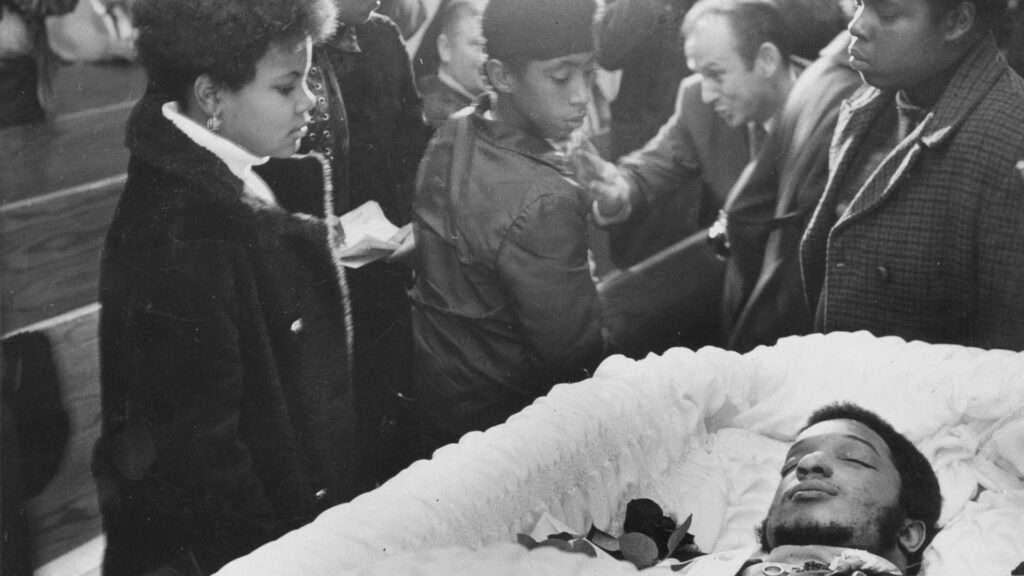
The Assassination of Fred Hampton
The coalition’s growing success and the increasing paranoia of the authorities culminated in a tragic and brutal act of repression. On December 4, 1969, Fred Hampton was assassinated in a pre-dawn raid orchestrated by the FBI and the Chicago Police Department. Hampton, just 21 years old, was shot multiple times as he lay in bed. The raid also claimed the life of fellow Panther Mark Clark.
Hampton’s assassination was a devastating blow to the movement. It exposed the lengths to which the government would go to maintain control and suppress any challenges to the existing power structures. Despite the loss of their charismatic leader, the Panthers and their allies continued to fight for justice, but the movement never fully recovered from the loss of Hampton.
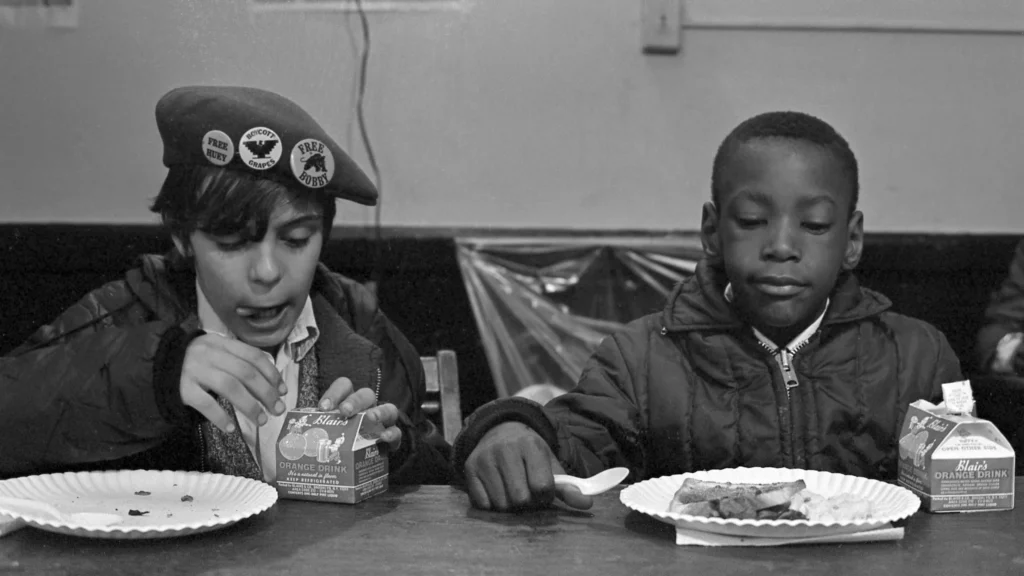
Legacy and Reflection
The story of the Black Panthers, the street gangs, and their community initiatives in Chicago is a powerful reminder of the impact of grassroots organizing and the fear it can instill in entrenched power structures. The Free Breakfast for Children Program, entrepreneurial programs, and other initiatives demonstrated that real change comes from within communities, driven by those who understand their needs and are committed to addressing them.
Today, the legacy of the Black Panthers and their coalition with Chicago’s street gangs lives on. Their efforts laid the groundwork for future community-based programs and inspired generations of activists to continue the struggle for social justice. The fear they instilled in the FBI, Mayor Daley, and the Chicago police serves as a testament to the power of unity and goodwill in the face of oppression.

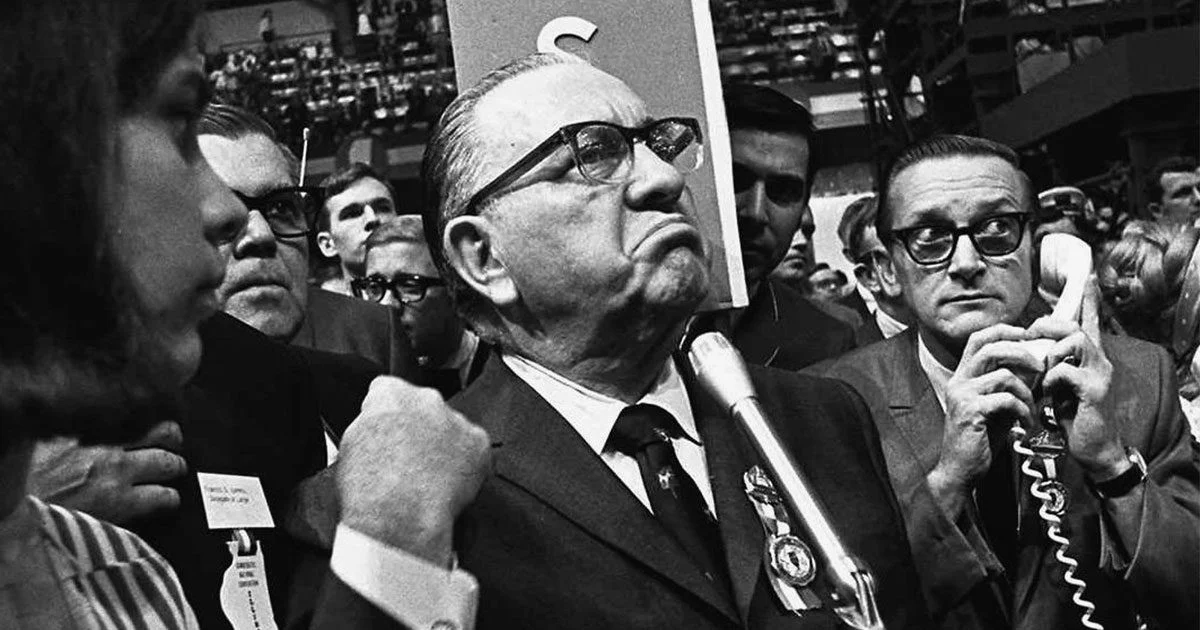



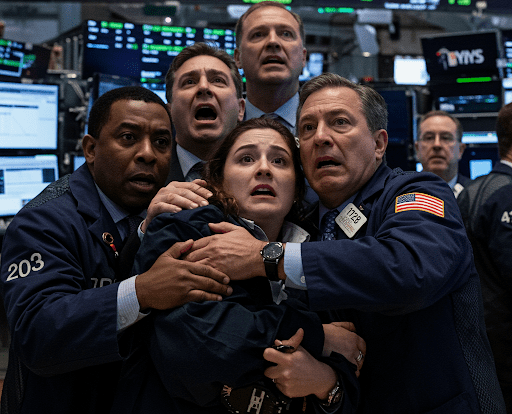


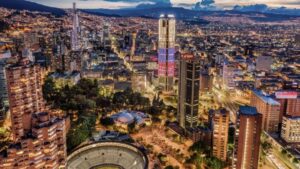

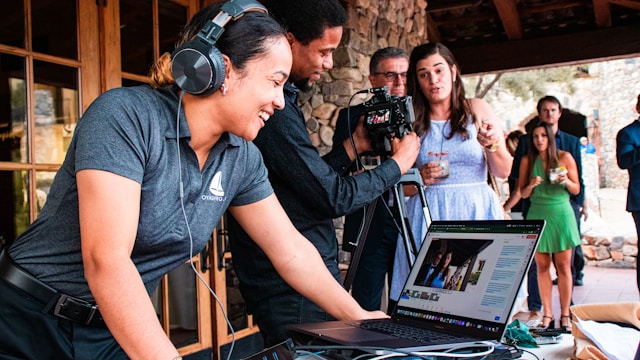
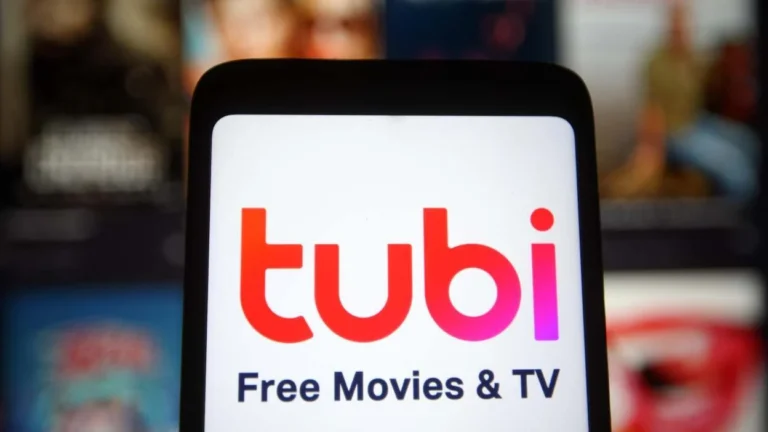
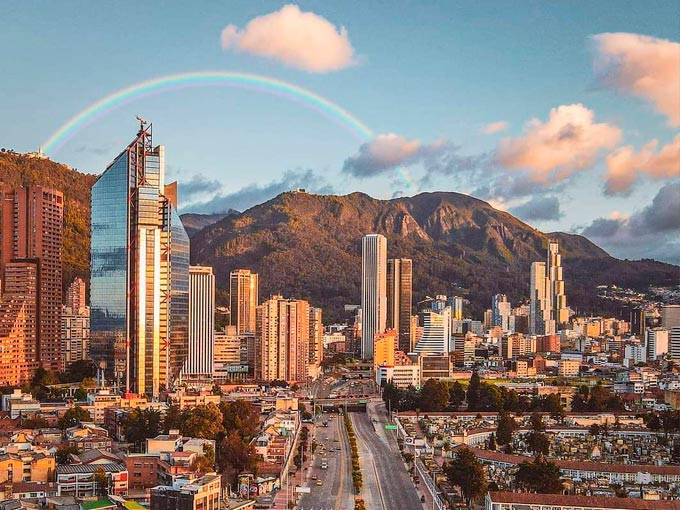
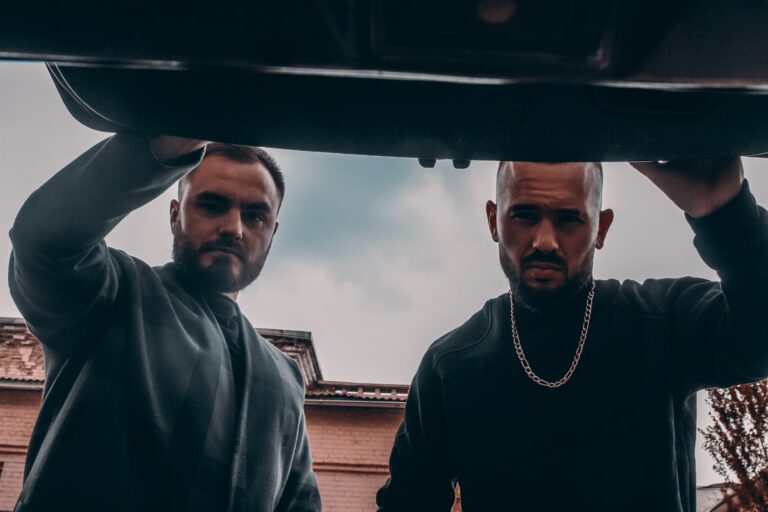
+ There are no comments
Add yours